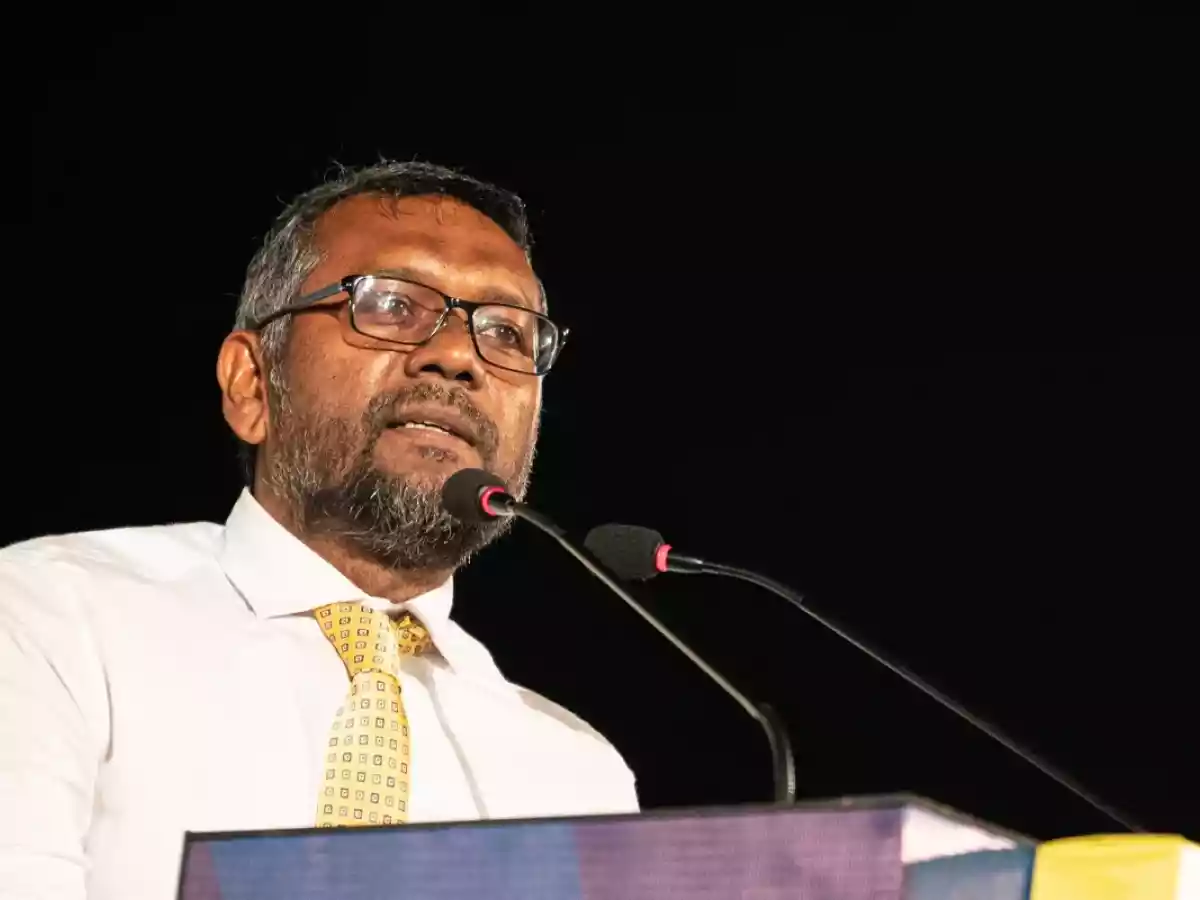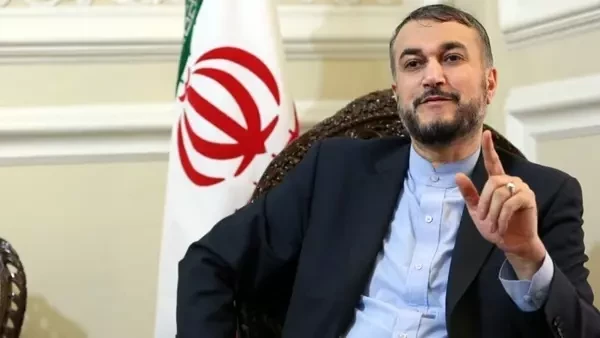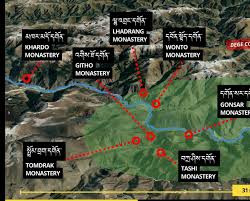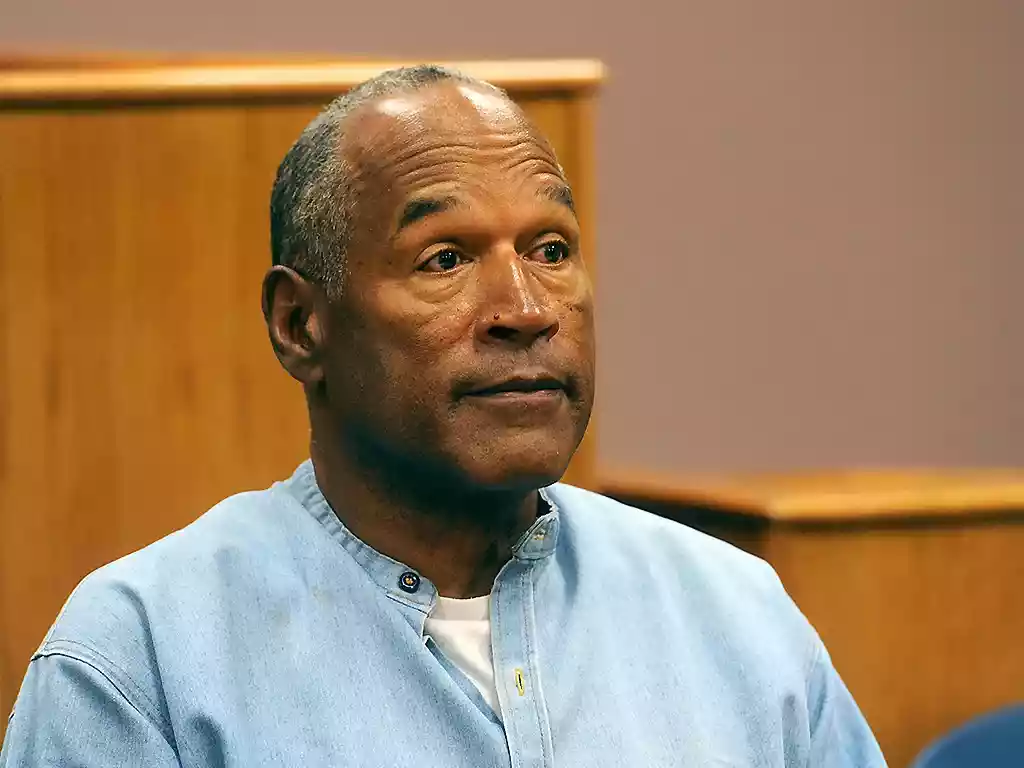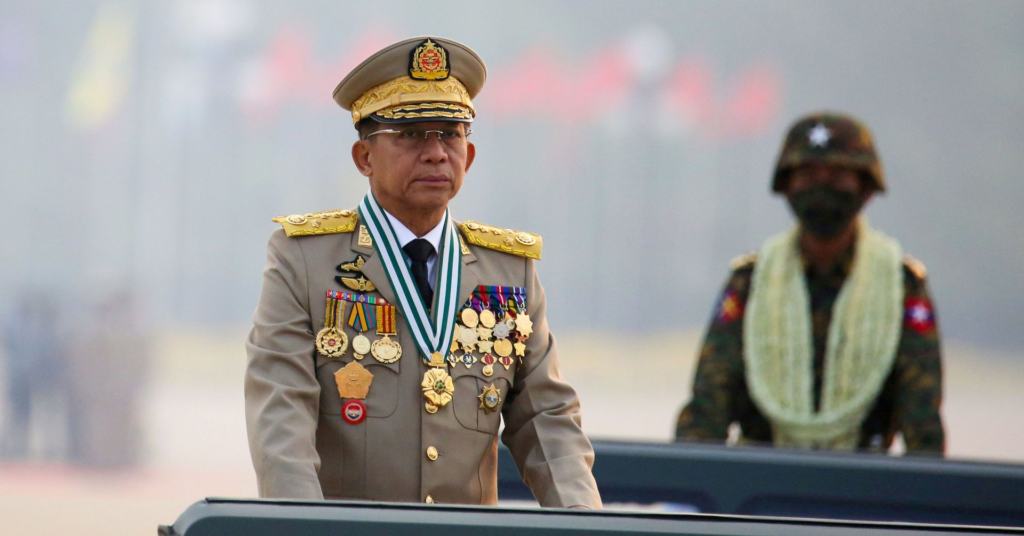

Some armed resistance groups are now openly challenging Chinese projects in Myanmar and have condemned China’s support for the regime.
Amid these attacks, there are reports that China wants to negotiate with the regime to send trained security guards to protect Chinese interests and mining projects in central Myanmar.
Hundreds of Chinese nationals have reportedly entered Myanmar through two major checkpoints including Chinshwe-haw in Laukkaing Township, in Shan State’s Laukkaing District. Several ethnic armed groups based along the China-Myanmar border believe that the Chinese have negotiated with the regime to deploy more security guards at the targeted projects in Myanmar.
The question now is whether Wang will meet coup leader Snr-Gen Min Aung Hlaing in Myanmar this time. If they meet, will Wang raise the issue of Daw Aung San Suu Kyi, who was transferred from house arrest to prison last week? Or it will their talks focus more on extracting assurances from the regime that it will protect Chinese interests and projects in Myanmar?
After the coup, massive anti-China protests broke out in Myanmar and Chinese factories came under attack.
The attacks on China-linked businesses and China’s natural gas pipelines prompted Beijing to request an emergency meeting with regime officials, at which the Chinese side urged the junta to tighten security measures.
Wang is no stranger to Min Aung Hlaing or Daw Aung San Suu Kyi, and last visited Myanmar in January 2021, just weeks before the coup. On that occasion he met with the country’s civilian President U Win Myint and the State Counselor, as well as military chief Min Aung Hlaing.
Since the coup, with Western governments imposing sanctions in response to the junta’s violent crackdown on dissent, the regime has turned increasingly to allies including China and Russia.
- Chamisa under fire over US$120K donation
- Mavhunga puts DeMbare into Chibuku quarterfinals
- Pension funds bet on Cabora Bassa oilfields
- Councils defy govt fire tender directive
Keep Reading
In April, current regime Foreign Minister Wunna Maung Lwin was invited to visit China and received a warm welcome from Wang. Beijing said it would help safeguard Myanmar’s sovereignty, independence and territorial integrity “no matter how the situation changes”.
Wang told his Myanmar counterpart that Beijing “has always placed Myanmar in an important position in its neighborly diplomacy” and wants to “deepen exchanges and cooperation.”
Wang’s comments amounted to Beijing’s most unambiguous statement of support to date for the military regime.
Last year, Yun Sun, an expert on Myanmar-China relations with the Stimson Center, a US think-tank, said, “I think the Chinese can see that this military coup is successful and is here to stay.”
China is one of the top investors in Myanmar (as well as a major arms supplier) and has strategic infrastructure projects in the country, including energy pipelines that give Beijing a critical link to the Indian Ocean.
For Beijing, ultimately the question boils down to: Who can protect its interests and geopolitical objectives in Myanmar?
China insists it is sticking to its classic “non-interference” policy—one of the Five Principles of Peaceful Coexistence that is core to its foreign policy. In reality, given China’s enormous overseas interests and global economic power, it will do what is necessary to protect its business interests and counter security threats. Myanmar is no exception.
Therefore, China will need the regime’s assurance that it can protect its interests in Myanmar from those hostile ethnic armed groups and newly formed resistance groups that now pose immediate threats to Chinese projects.
In contrast, in June, US State Department Counselor Derek Chollet, making a visit to Southeast Asia, said the military is suffering “serious losses” in its fight against its own people, who have been resisting military rule in the country.
Given the ongoing crisis in Myanmar, Chollet said the regime was finding itself increasingly isolated, not just internationally but at home.
“They’re not winning. They’re losing territory. Their military is taking serious losses,” he told The Irrawaddy in a recent interview.
More than 2,000 people have been killed in the military’s crackdown on dissent since the coup, according to a local monitoring group. Thousands of villages have been burned down and activists and politicians have been locked up in prisons. Several politicians and activists have been taken away and next morning family members have been told to claim the dead bodies.
The UN Refugee Agency (UNHCR) in February said it had stepped up its emergency response to assist hundreds of thousands of internally displaced people in Myanmar as their number crossed the 800,000 mark—a doubling since last year’s military coup.
Myanmar citizens are well aware of China’s self-interest, and therefore Wang’s visit to Myanmar will be keenly monitored. Any endorsement of the regime and General Min Aung Hlaing will backfire. The threats to Chinese interests are real. It is about time China engaged with opposition forces in Myanmar. -The Irrawaddy



